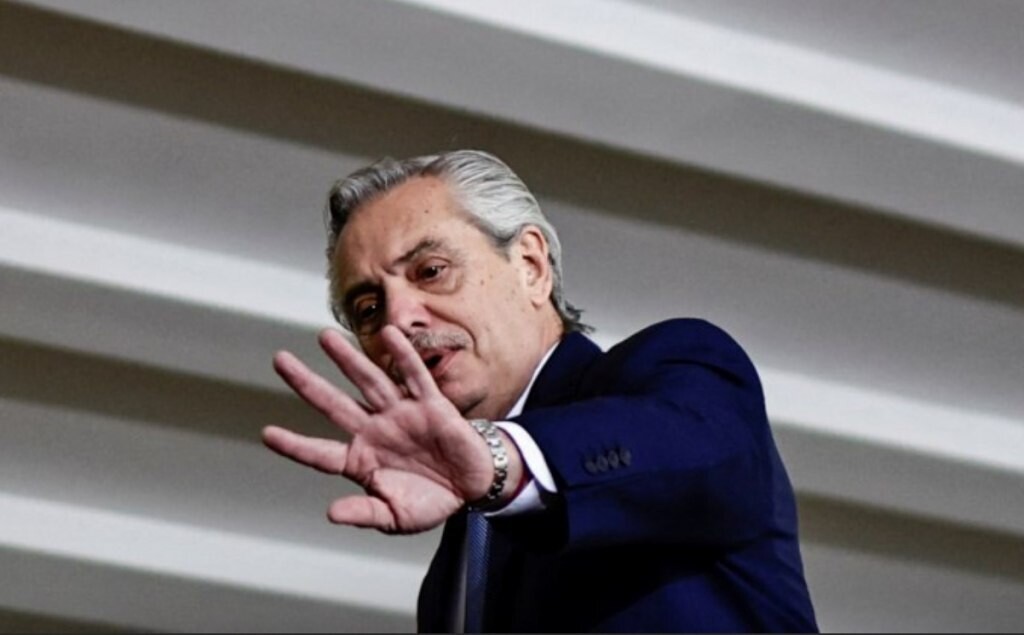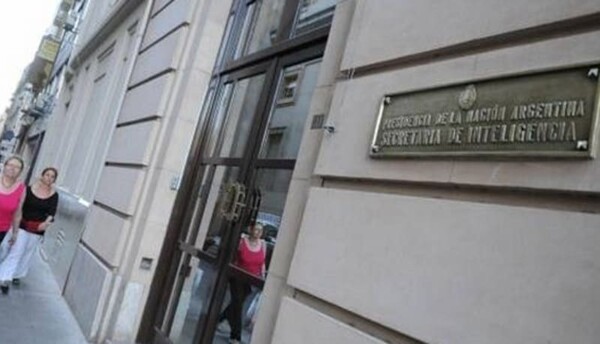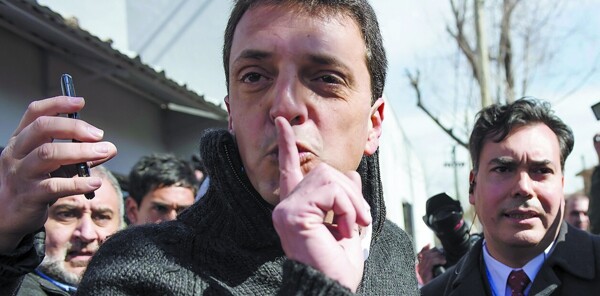
The Federal Chamber of Buenos Aires has confirmed the validity of the procedure to elevate a case to trial in which former President Alberto Fernández is being prosecuted for alleged gender-based violence against former First Lady Fabiola Yáñez, by rejecting the nullity claims presented by his defense.
The ruling by the Appeals Court's Division II was passed with the majority vote of judges Martín Irurzun and Eduardo Farah, while Roberto Boico voted in dissent.
Fernández's defense, led by lawyer Silvana Carreira, had requested the nullification of the transfer ordered after the prosecution and the plaintiff's requests to elevate the case to trial, arguing that the particular accusation's request was untimely and that an extension for the submission deadline was granted irregularly.
The majority of the court held that in matters of nullity, “a criterion of restrictive interpretation must prevail” and that no concrete harm to the defense was verified.
Judges Irurzun and Farah recalled that these objections had already been addressed and dismissed previously by the same court, and that “the existence of pending resources is not an obstacle to the continuation of the process”.
“The prosecutor's opinion meets the motivation requirements imposed by art. 347 of the Criminal Procedure Code,” they stated regarding the request to elevate the case to trial presented by Federal Prosecutor Ramiro González, which they also validated.
They also emphasized that if the defense believes that the production of evidence has not been exhausted, it can assert this “at the time of answering the accusation”.
In his dissent, Judge Boico considered that the accusation from Fabiola Yáñez's lawsuit should be declared null and void and her right to present the request should be considered lapsed for having been filed out of time.
He also questioned that the investigation phase was closed “without exhausting the production of relevant evidence offered by the defense,” which he described as “a violation of due process and the principle of equality of arms.”
In the minority, Boico proposed to send the file back to the new judge of the case, Daniel Rafecas, so that he can re-examine whether or not to order those tests before sending the case to trial.
The gender-based violence case was moved to a different court after Judge Julián Ercolini recused himself from the case. He had initiated the proceedings to send the case to oral trial.














